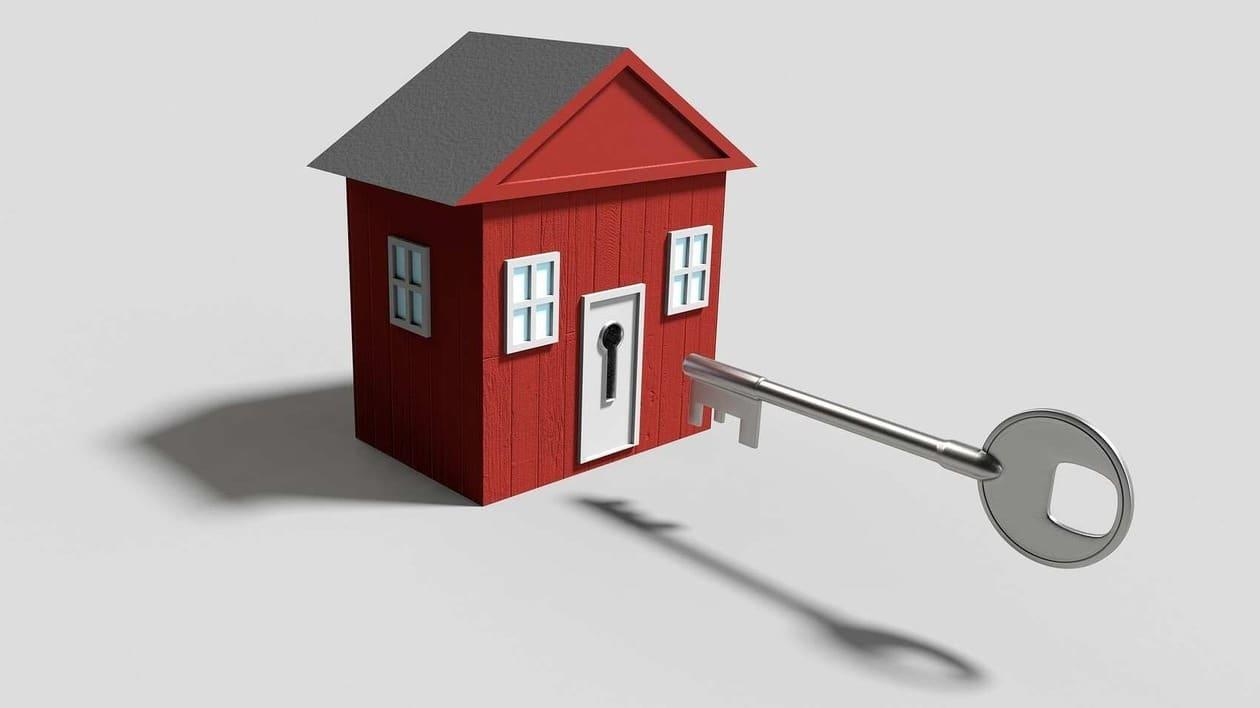Many taxpayers prefer filing their Income Tax Returns (ITRs) under the old tax regime citing the numerous exemptions they can avail of to save on their taxes. Take, for example, House Rent Allowance (HRA), which is a part of most employees’ salary structure. Despite the fact that HRA is a part of your salary, the same is not taxable, unlike one’s basic salary. A portion of HRA is exempt from taxation under Section 10 (13A) of the Income Tax Act, 1961, subject to certain conditions.
Before calculating gross taxable income, the amount of HRA exemption is deducted from the total income. An employee can save money on taxes by doing so. However, if an employee lives in his or her own home or does not pay rent, the HRA received from his or her employer is fully taxable.
Are you eligible to claim tax exemption on HRA?
A lot depends on whether you are a salaried or a self-employed individual. This is because this tax benefit is available only to salaried individuals (under the old tax regime) who have the HRA component as part of their salary structure and live in rented housing. This deduction is not available to self-employed professionals.
You do not claim exemption on HRA without considering how much of it is exempt while calculating your taxes. The tax-exempt part of HRA is the minimum of the following.
- Actual HRA received
- 50% of the salary if living in a metropolis or 40% in a non-metropolis
- Annual rent excess of 10% of annual salary.
The salary considered for calculation purposes is a “basic salary”. If a “Dearness Allowance (DA)” and a “commission received on the basis of sales turnover” are applicable, they are also added to compute the minimum HRA exemption available.
This tax break is only available to the individual while the rented house is occupied.
Documents needed to claim HRA tax exemption
HRA exemptions are only available if rent receipts or a lease agreement with the house owner are submitted. If the rent paid exceeds ₹1,00,000 per year, an employee must report the PAN of the 'landlord' to the employer in order to receive the tax benefit. However, there may be special scenarios to claim HRA tax benefits like paying rent to your family members or if you own a house but live in a different city on rent.
Also, if you do not have the HRA component in your salary structure, you must show your expenses on rent under Section 80 (GG) of the Income Tax Act. Section 80GG of the Act allows for the exemption of the least of the following items:
- Rent paid in excess of 10% of total income
- 25% of adjusted total income
- ₹5,000 monthly
So, next time, you are filing your ITR, you can claim HRA exemption by submitting Form 10BA, which includes your rent payment information.
